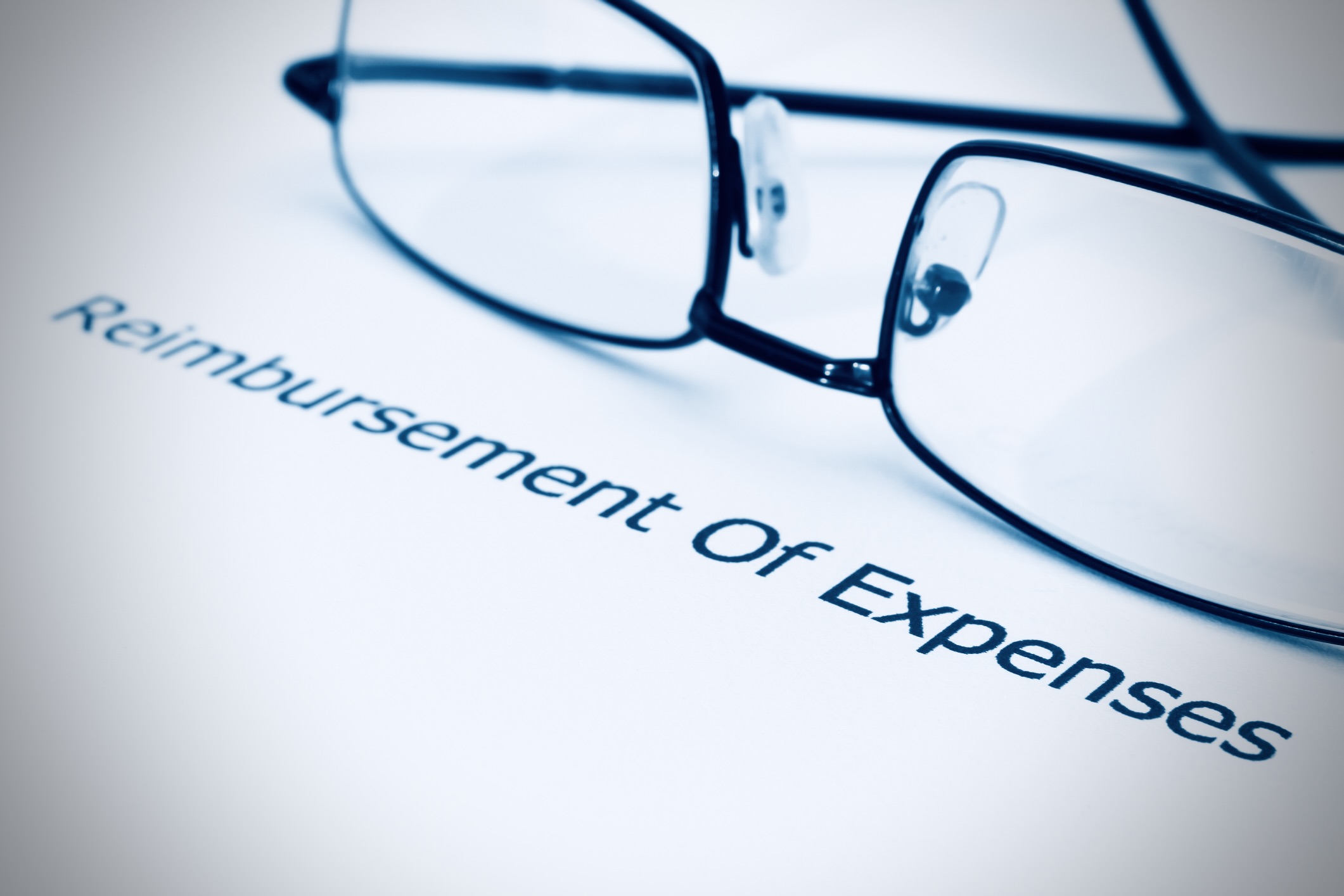A Primer on Employee Expense Reimbursements in California

By: Lewis Brisbois' Labor & Employment Team
In California, employers must reimburse their employees “for all necessary expenditures or losses incurred by the employee in direct consequence of the discharge of his or her duties, or of his or her obedience to the directions of the employer." (Labor Code Section 2802.) Expense reimbursements can include use of personal cellphones, computers, vehicles, and more. The purpose of the law is to prevent employers from passing their operating expenses on to employees.
For California employers, the best method to track employee expenses is to implement procedures for employees to submit their expense reimbursements and what expenses are properly reimbursable. Employers should also effectively communicate these procedures to employees so employees understand the proper guidelines. Employers should also consider a policy for employees to document expenses. One option is for employees to produce a receipt of expenses incurred. The receipt should include the date of purchase, the item purchased, the amount of purchase.
Whether an expense should be reimbursed depends on whether the expense was necessary and reasonable as a condition of employment, whether the expense depended on an employee’s job duties, and whether the expense was a direct consequence of the employee’s duties or at the direction of the employer – all of which should be reflected in your policy. Some common work-related expenses include:
- mileage expenses
- travel expenses
- cell phone usage
- parking fees
- taxi expenses or public transportation fees
- car rental
Although having procedures in place for reimbursement is a good strategy, there are times when employees may not submit their expenses for reimbursement. If an employer is aware that an employee incurred expenses, but did not submit an expense report, then the employer must reimburse the employee. Further, employees may seek reimbursement for necessary expenses within three years of incurring the expense. Ultimately, legally compliant policies are the best practice for California employers.
For more information on this topic, contact the author of this post or visit our Labor & Employment Practice page to find an attorney in your area. You can also subscribe to this blog to receive email alerts when new posts go up.
